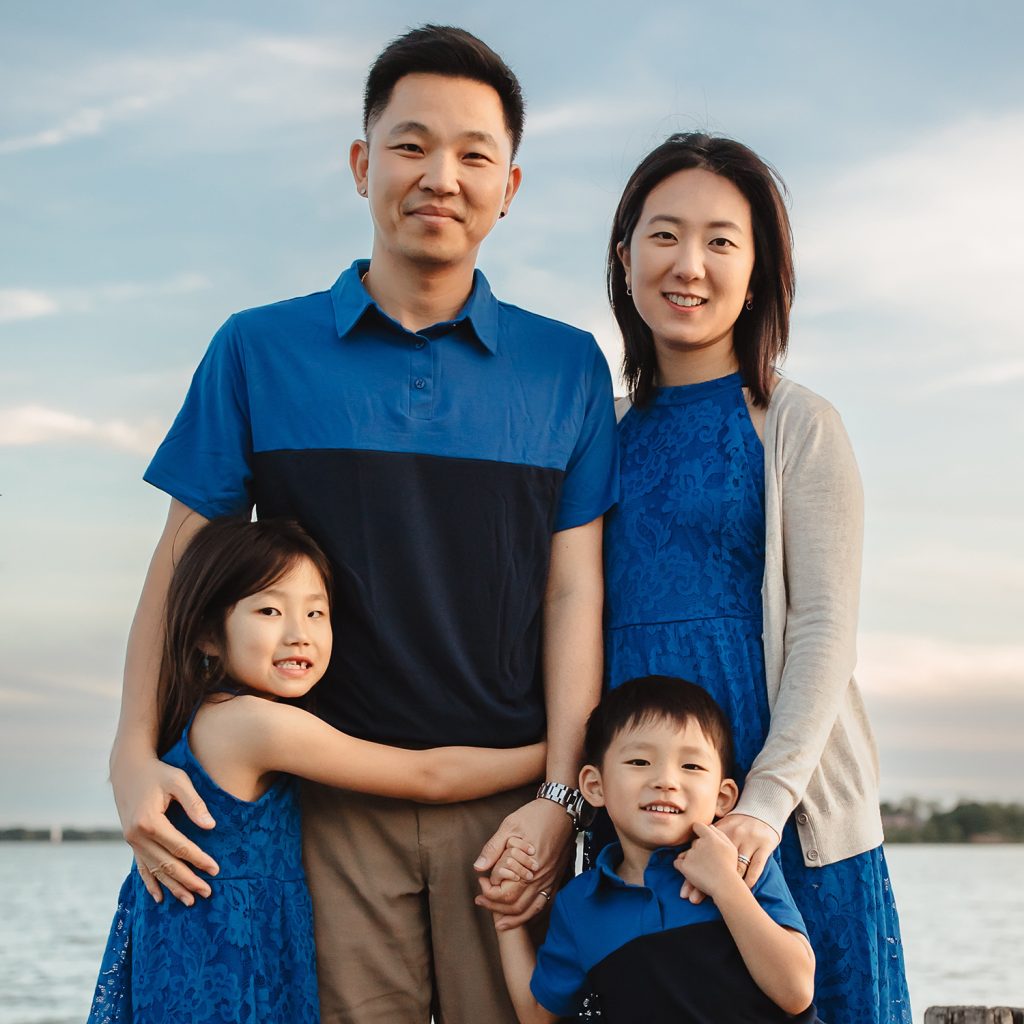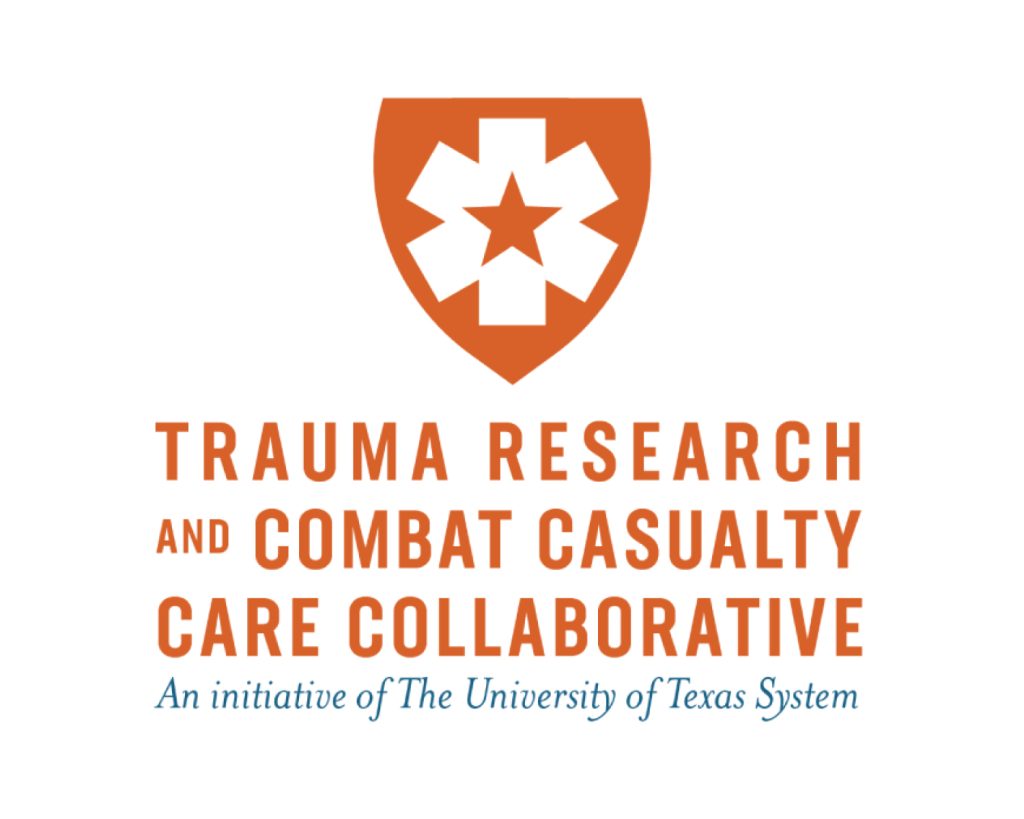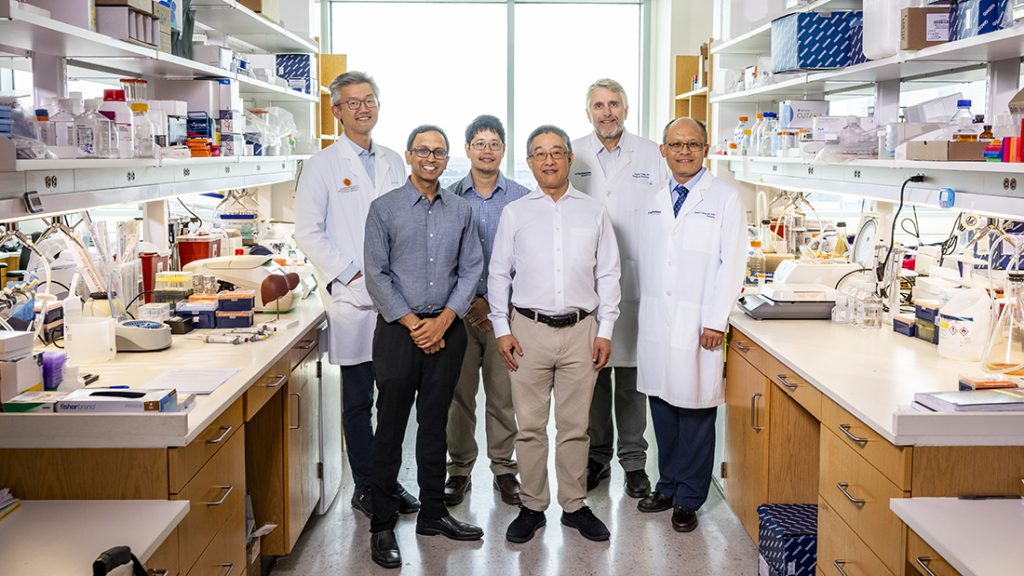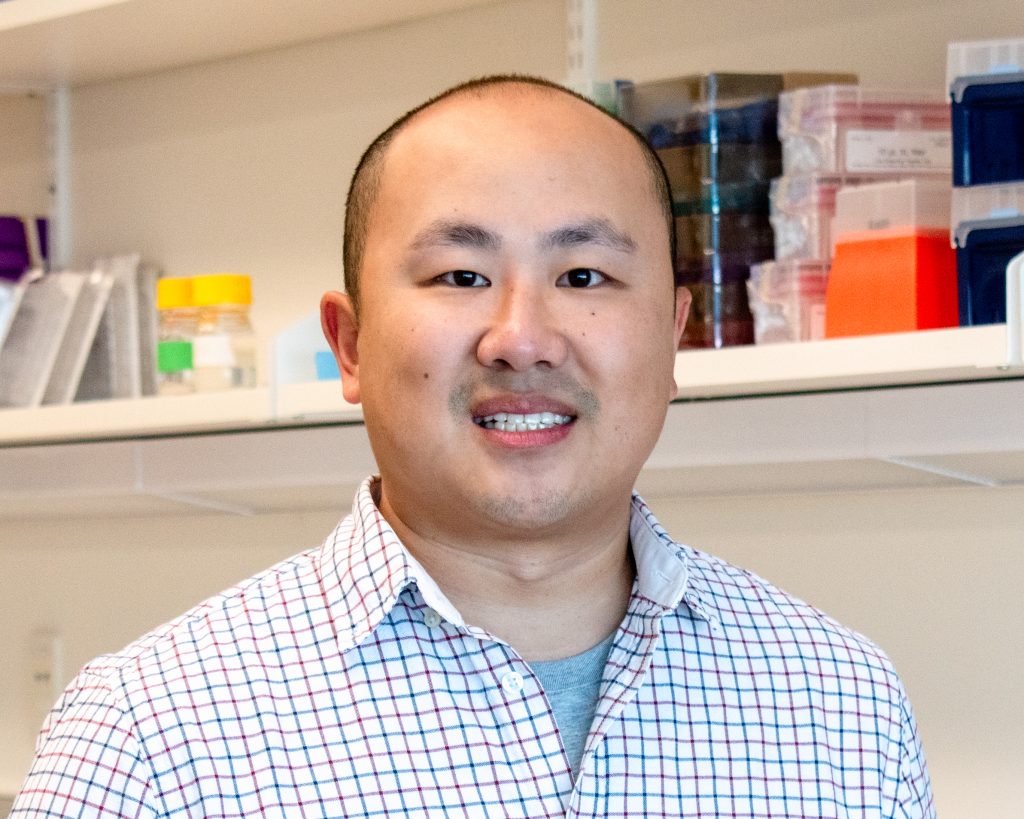Hijai Regina Shin, Ph.D., is the newest CRI faculty member, launching the Shin Lab in 2024 and joining CRI’s Genetic and Metabolic Disease Program. She grew up in France and earned a bachelor’s in biology and Ph.D. in molecular biology from Seoul National University in South Korea. As a postdoctoral fellow at UC Berkeley, she identified a new cholesterol sensor in lysosomes that regulates the ability of cells to grow and proliferate.
At CRI, Dr. Shin will focus on the role of lysosomes and their regulatory functions in cellular homeostasis, with an ultimate goal to identify new therapeutic targets for a wide range of disease conditions.
Why did you decide to join CRI?
CRI is one of the best places you could imagine starting your own lab — this institute is relentlessly dedicated to groundbreaking discoveries, and its track record speaks for itself. CRI is looking for future leaders in their field, and leaders here make sure we are well supported to accomplish that. I find particularly amazing the blend of basic biology research with translational applications. It has the best of both worlds, where one can dive into understanding fundamental phenomenon while keeping clinical implications in mind. Also, the Nobel laureates in cholesterol metabolism are here at UTSW, so, scientifically, it made a lot of sense for me. On a personal note, I am a city girl. I have missed the vibrant energy of big cities, after growing up in Paris and going to college and graduate school in Seoul.


What are you researching?
I’m a cell biologist and biochemist by training, and I’m interested in understanding the fundamental functions of an organelle within the cell called the lysosome. It is a unique and interesting cellular compartment because it can be both anabolic and catabolic — making and destroying things — at the same time. The lysosome has many functions within the cell, but we still don’t have a full picture of the key functions, like: How is it regulated? How can it switch from being anabolic to catabolic or vice-versa? How does it becomes dysregulated? Discovering the pathways for regulation and dysregulation will help us figure out how the lysosome contributes to disease progression.
How do you expect your work will one day help patients?
Lysosome dysfunction has emerged as a critical factor for many age-related diseases. There is growing consensus that “healthy” lysosomes are key for healthy life. Lysosome storage diseases (LSD) are rare diseases driven by mutations in lysosome genes. Although rare individually, their prevalence in children is significant when viewed collectively. These disorders typically manifest as neurodevelopmental issues, metabolic imbalance and early death. LSDs are monogenic, meaning that one gene mutation is responsible for one type of LSD, which provides a focused system for our research. Our efforts in understanding LSDs hold promising implications for addressing age-related conditions like Alzheimer’s and dementia, where lysosome dysfunction is a hallmark feature. By unraveling new pathways underlying LSDs, we aim to pave the way for potential therapeutic interventions.
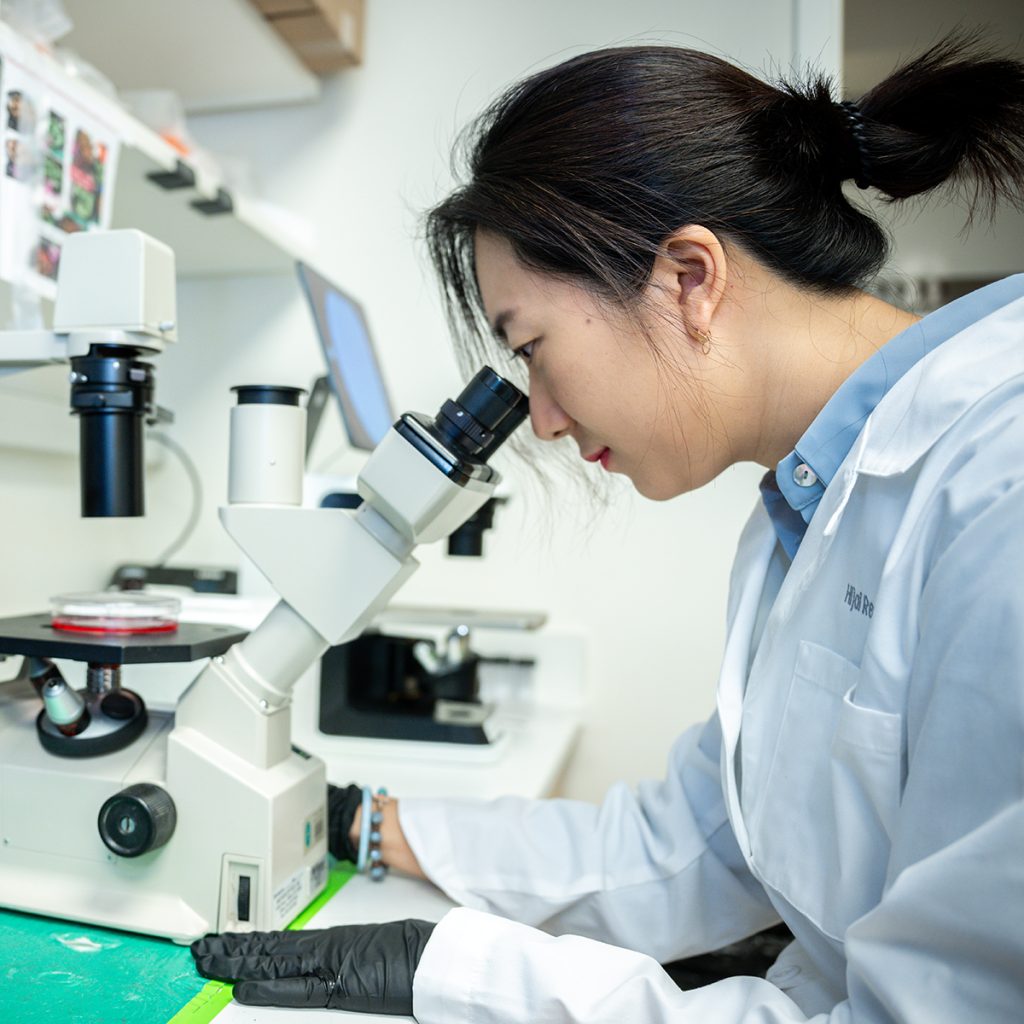
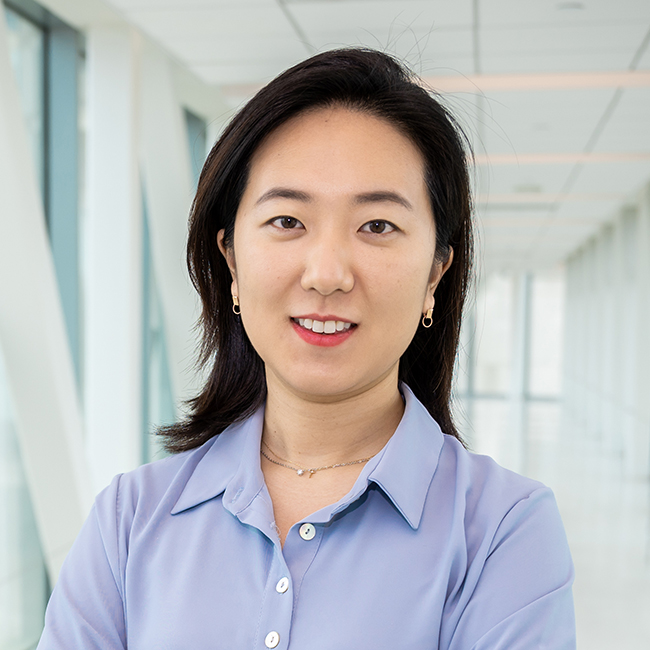
What led to your career in science?
I went to a STEM-focused high school in France, and that is where I fell in love with science. I loved mathematics, but I found biology to have such huge promise because there is still so much we do not know. The potential impact of research on our daily lives and society, at large, led me to dive deeply into the field. Over the years, I learned true beauty and joy in building hypotheses, using rational thinking and making new discoveries. The endless nature of scientific inquiry, while sometimes daunting, also presents endless opportunities for growth and discovery. It seems grandiose, but simply put: Science is fun, and I know I can make an impact.
What lessons have you learned along the way?
Two things: embrace failure and have a life outside of science. In science, failure is inevitable. Experiments do not go as planned and, often times, fail. Big findings only happen once in a while, and failures can become a source for ideas, at the end of the day. Be patient. Be creative. Groundbreaking work takes time. We are on a quest to uncover new biology that can impact lives, and this endeavor requires dedication and perseverance. And because of that, I think it is important to have a life outside of science. For me, my husband and kids are my driving force. Sure, I am time-restricted, but it also makes me very efficient. Try to enjoy the journey.
